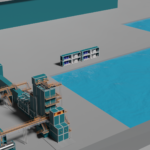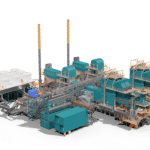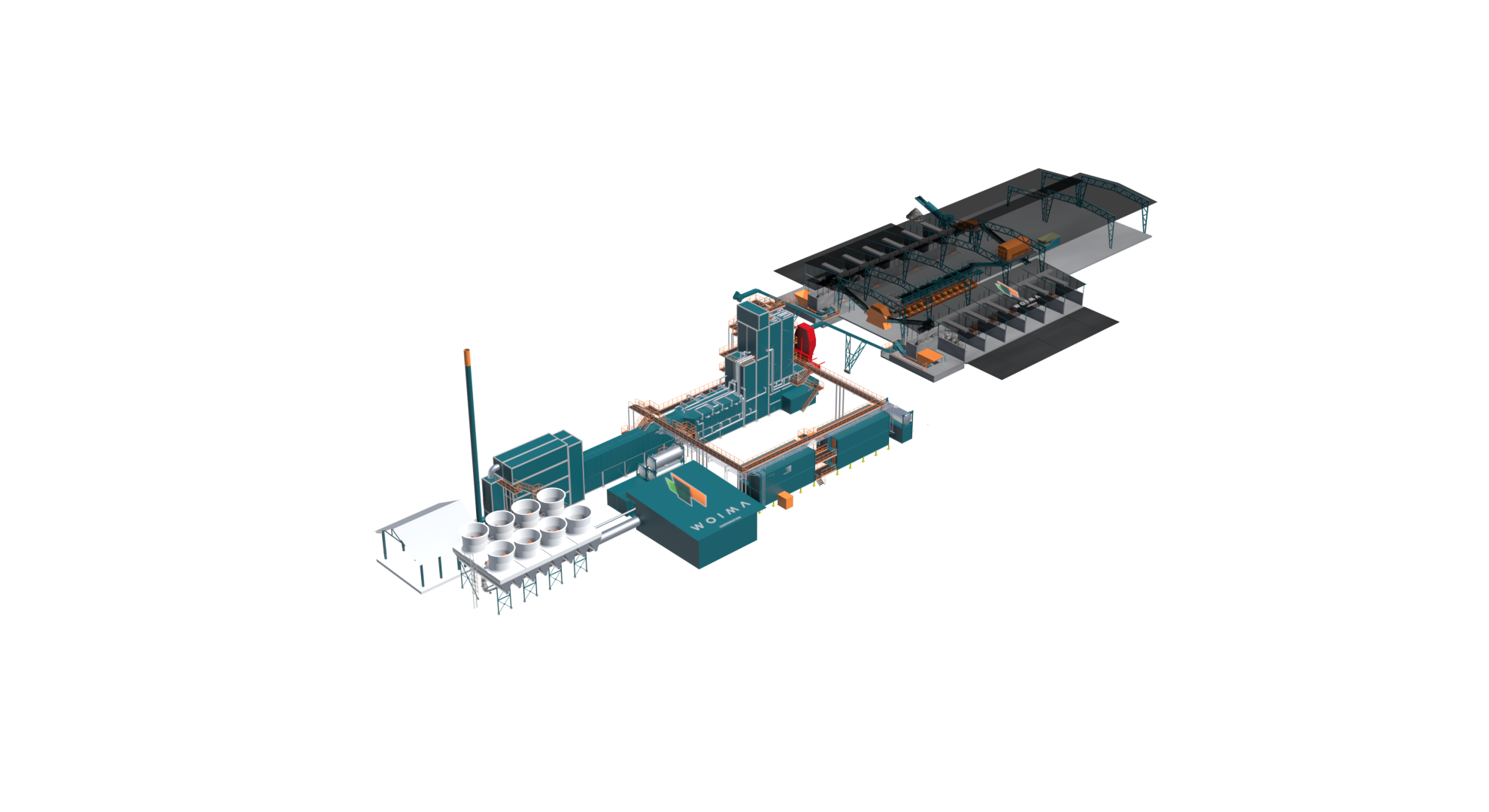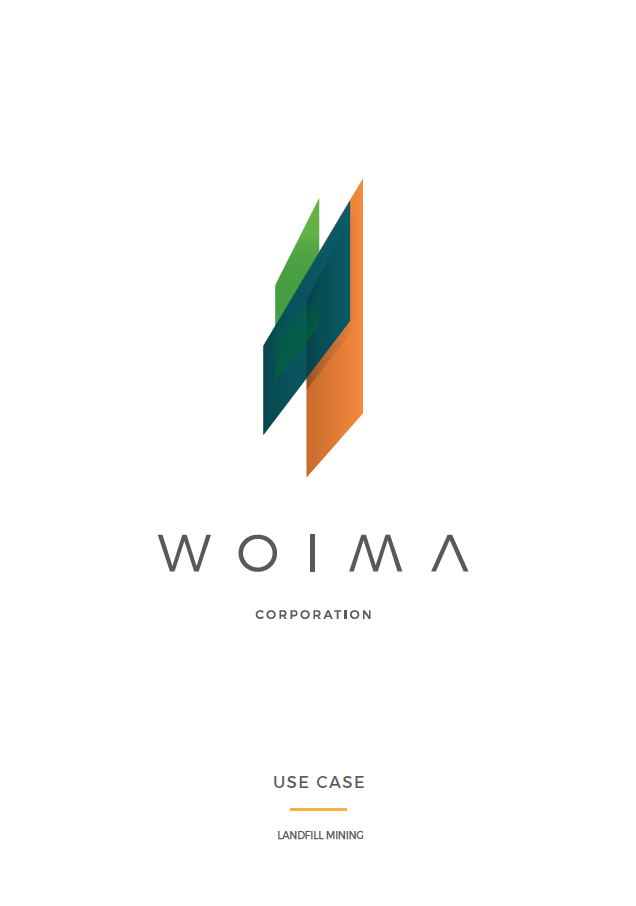USE CASE: LANDFILL MINING AS BASE LOAD POWER FUEL SOURCE
The landfills and dumpsites across the globe are filling up. Several billion tons of solid waste fractions are deposited in them each year and the amount is growing steadily at around 10% p.a. Most of them are poorly managed and pose a serious threat to people’s health and the environment; leachate seeping into the soil and groundwater, as well as methane emissions to the air. However, landfills can offer an important fuel source in base load power generation. Landfill mining produces good-quality waste fuel for the waste-to-energy power plant, while eventually emptying the plot for other purposes, i.e. housing or recreational purposes.
Landfill mining is a drastically under-utilized method of producing fuel for power generation. The landfilled waste typically contains 20 to 30% of combustible waste fractions; plastics, wood-based materials, textiles and similar. Their utilization can significantly reduce country’s dependence on imported fossil fuels, save often scarce foreign currency and generate dependable base load power. Mixing of landfilled and new waste is also easily arranged at the landfill site.
Are you interested in this case? Please download a copy of the use case, for free. Click the link below
WOIMA Use Case Landfill Mining as Base Load Power Fuel Source
See all use cases and other downloadable contents
Follow us in Social Media
Waste Management
- Creating new business potential
- Simplifying waste logistics
- Reducing environmental impacts
- Matching future regulations
- Postponing landfill investments
- Green image benefits
Power & Utility
- Decentralizing power generation
- Enabling off-grid solutions
- Offering fuel & production flexibility
- Harnessing endless fuel source
- Utilizing carbon credit schemes
- Fast plant delivery
Investors
- Excellent return on investment (ROI)
- Scalable business model
- Diversified investment portfolio
- Vendor arranged funding
- Fast project roll-out
- Plant relocation option
Other Stakeholders
- Turning waste into local welfare
- Health & environmental benefits
- Local reliable energy supply
- Educational & job opportunities
- Improving living conditions
- Implementing development funding






